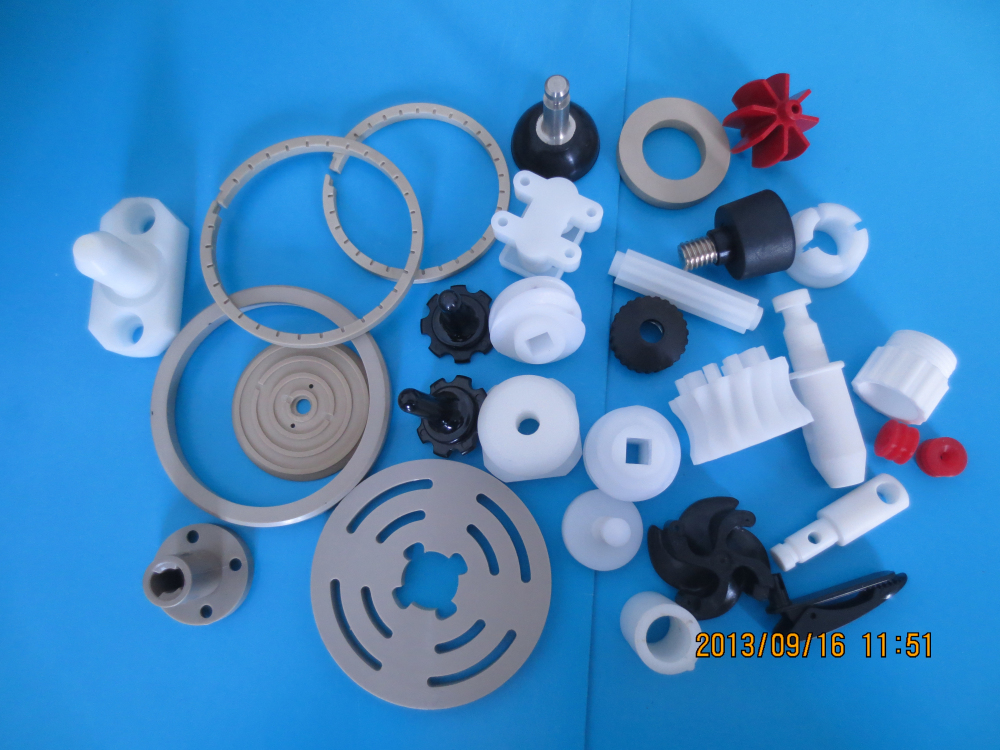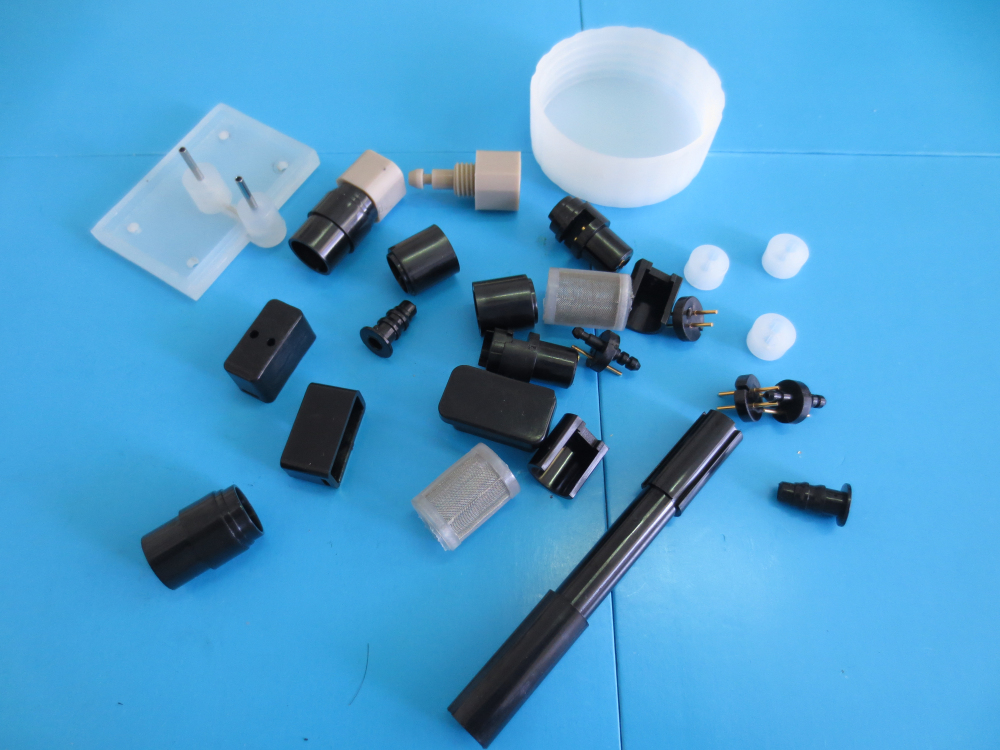News
- Industry news
Industry news
Popularization of ABS injection molding knowledge
ABS plastic is a terpolymer of acrylonitrile (A) -butadiene (B) -styrene (S). It combines the properties of three components, of which acrylonitrile has high hardness and strength, heat resistance and corrosion resistance; butadiene has impact resistance and toughness; styrene has high surface gloss, easy coloring, and Ease of processing. The characteristics of the above three components make ABS plastic a kind of thermoplastic with good comprehensive properties of "strong quality, toughness and high rigidity".
Adjust the proportion of the three components of ABS, and its performance will change accordingly to meet the requirements of various applications, such as high resistance ABS, heat resistant ABS, high gloss ABS, etc. ABS plastic has good molding processability. It can be formed by injection, extrusion, thermoforming, etc. It can be processed by sawing, drilling, filing, grinding, etc. It can be bonded with organic solvents such as chloroform, and it can also be coated and plated And other surface treatment.

ABS plastic is also ideal for wood substitutes and construction materials. ABS plastic has high strength, light weight, large surface hardness, very smooth, easy to clean, stable size, good creep resistance, and is suitable for electroplating. Its application fields are still expanding.
ABS plastics are widely used in industry. ABS injection molding manufacturers often use ABS materials to make shells, boxes, parts, toys and other applications in the automotive industry, electrical instrument industry, machinery industry, household appliances, household electronic equipment, daily necessities, electroplating products and other fields. Extruded products are mostly plates, rods, pipes, etc., which can be hot-pressed, compounded and modeled.







